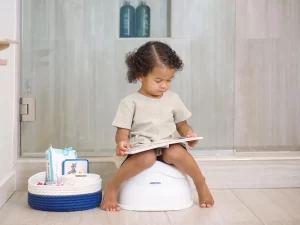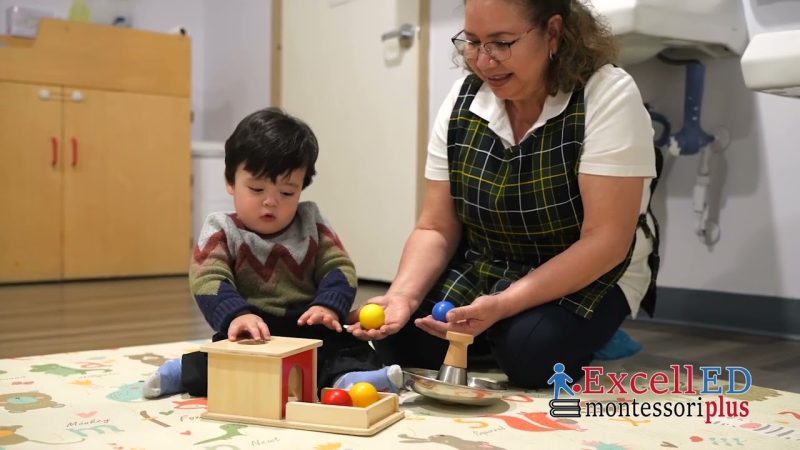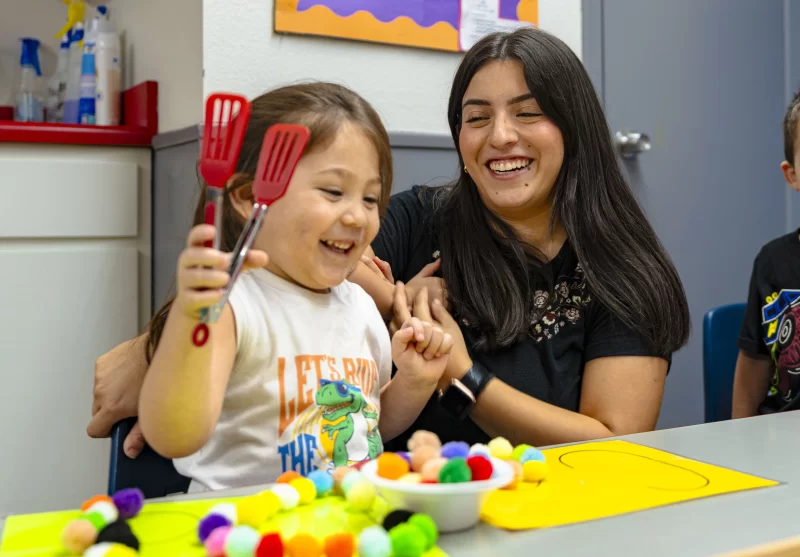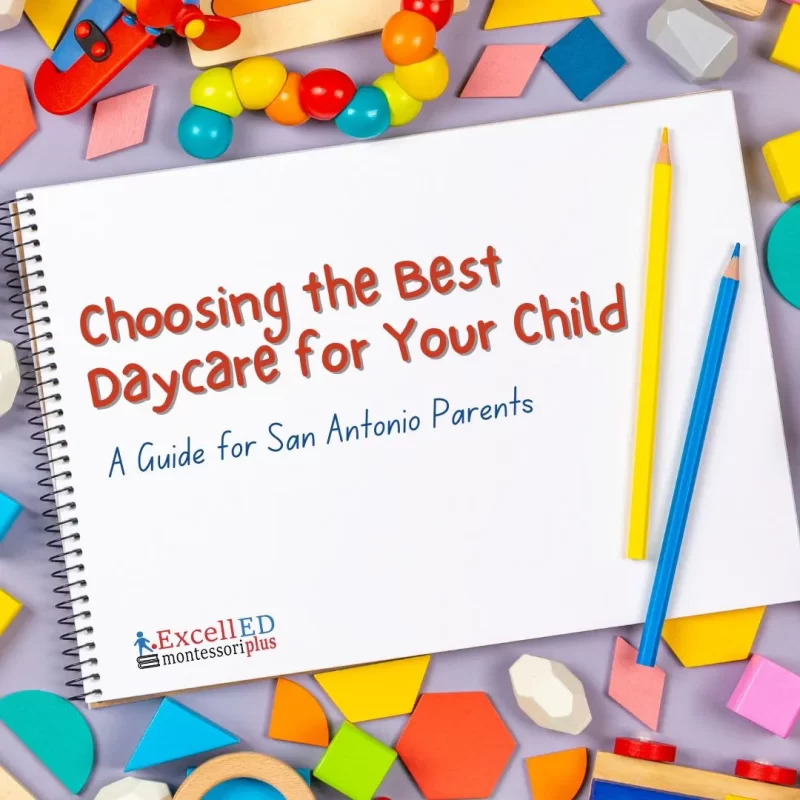
Welcome to the Potty Party!
Potty training is a significant milestone in the life of a preschooler (and their ever-patient parents!). This journey from diapers to the dignity of the bathroom is not just about mastering a new skill—it’s about gaining independence, confidence, and a big kid status. But how do we make this transition as smooth and tear-free as possible? Let’s dive into some practical tips and compassionate strategies to help your little one become a potty pro.
Understanding Readiness
First things first: readiness is key. Most children show signs of being ready for toilet training between ages 18 months and 3 years. Look out for cues like showing interest in the bathroom habits of others, complaining about wet or dirty diapers, or wanting to be changed immediately. Remember, every child’s timing is unique—patience is your best ally.
Creating a Routine
Consistency is your second-best friend. Establishing a predictable routine helps children feel secure and understand what’s expected. Start by making regular trips to the potty a part of their daily schedule, especially after meals or before bedtime, to build a habit.
The Right Tools for the Task
Invest in a child-friendly potty or a special seat that fits over your regular toilet. Let your preschooler pick it out! This can increase their interest and sense of ownership in the potty training process. Make sure their feet are supported, either on the floor or a stool, to provide comfort and stability.
Dress for Success
Clothing can make or break the potty training experience. Choose outfits that are easy to take off quickly—think elastic waistbands and avoid complicated buttons or layers. This reduces frustration and accidents, making the process smoother for everyone involved.
Celebrate the Victories (And Navigate the Mishaps)
Every attempt, whether successful or not, is progress. Celebrate the small victories with cheers, clapping, or a happy dance. If an accident happens, it’s okay! Reassure your child that it’s part of the learning process and nothing to be upset about. The key is to maintain a positive and supportive attitude.
The Power of Role Modeling
Children love to imitate adults and older siblings. Allow your preschooler to observe and learn by watching family members use the toilet. Discuss what’s happening in simple, positive terms to demystify the process and encourage their interest.
Patience Over Pressure
Avoid turning the potty into a battleground. Pressuring children can lead to resistance and setbacks. Instead, offer gentle reminders and let them know it’s okay to try again later. This ensures the experience remains positive and stress-free for both of you.
Seeking Professional Advice If you encounter persistent difficulties or if your child shows signs of distress or physical discomfort during the process, it may be helpful to consult with your pediatrician. They can offer guidance, ensure there are no underlying health issues, and provide you with additional strategies.
FAQs in the Potty Training Process
Q: What is the right age to start toilet training?
A: The right age to start toilet training varies from child to child. Most children show signs of readiness between 18 months and 3 years of age. Key indicators include being able to follow simple instructions, expressing discomfort with dirty diapers, and showing interest in using the toilet or wearing underwear. It’s crucial to wait for these signs of readiness rather than starting at a specific age, as premature training can lead to frustration and setbacks. Observing your child and starting when they show interest and capability can make the process smoother and more successful.
According to Michell Lowry, a certified Nido Montessori guide and Head of School Fair Oaks Campus, even the infants can be trained to be toilet trained.
Q: How long does potty training take?
A: The timeline varies greatly among children. It could take anywhere from a few weeks to several months. Consistency and encouragement are your best tools throughout this period.
Q: What if my child is afraid of the toilet?
A: Fear of the toilet is common. Start with a potty chair that feels safer and less intimidating. Read books or watch videos about potty training together. You can also personalize the potty with stickers or let them flush the toilet to demystify it.
Q: How do I handle potty training while we’re away from home?
A: Maintain the routine as much as possible. Bring a portable potty or potty seat adapter for public toilets, and pack extra clothes and wipes. Encourage your child to use the toilet before leaving home and during trips out, reinforcing the habit even when you’re on the go.
Q: Should I use rewards for potty training?
A: Small rewards can be effective motivators. Stickers, stamps, or extra bedtime stories are great incentives. Ensure the reward is immediate and directly linked to their potty use. However, praise and positive reinforcement should be your primary tools.
Q: When should we start night training?
A: Nighttime control usually comes after daytime dryness is established. Most children aren’t ready for night training until they’re at least 3 years old. Use waterproof mattress protectors and consider absorbent night-time underwear during this transition. Reduce liquid intake before bed and make sure your child uses the toilet as part of their bedtime routine.
Embrace the Journey
Toileting is a major step towards independence for preschoolers, marking an important developmental milestone. While the road to potty proficiency may have its ups and downs, remember that each child’s journey is unique. Celebrate the progress, provide ample love and support, and know that with time, your child will master this essential life skill.
Armed with patience, understanding, and a bit of humor, you and your little one will navigate this phase successfully. Here’s to the next big adventure in growing up—happy toileting!
Below is a curated list of resources, including websites, books, and videos, to support parents and caregivers through the potty training journey.
Websites
- Zero to Three – Offers articles and tips on potty training readiness and strategies from child development experts. Website
- HealthyChildren.org – The American Academy of Pediatrics’ website provides a wealth of resources on potty training, including articles on readiness and handling challenges. Website
Books for Parents
- “Oh Crap! Potty Training” by Jamie Glowacki – A popular book that provides a six-step plan for potty training success, catering to children of various temperaments.
- “The Potty Training Solution: Toilet Train Your Child in as Little as 5 Hours” by Margaret Rousseau – Offers a quick and effective approach to potty training for busy parents.
- “Potty Training in 3 Days” by Brandi Brucks – A practical guide for parents looking to quickly and effectively potty train with less stress.
Books for Children
- “Potty” by Leslie Patricelli – A fun and simple board book that encourages toddlers to try the potty.
- “Everyone Poops” by Taro Gomi – A classic book that normalizes bowel movements through engaging illustrations and text.
- “Once Upon a Potty” by Alona Frankel – Available in versions for boys and girls, this book has been helping parents and children navigate potty training for decades.
Videos
- Potty Training Songs and Videos by Super Simple Songs – Engaging and catchy songs that encourage children to use the potty. YouTube
- “Elmo’s Potty Time” – This Sesame Street DVD combines humor, music, and educational content to make potty training a fun experience.
- Daniel Tiger’s Neighborhood – Potty Training Episodes – Episodes like “Daniel Goes to the Potty” provide relatable scenarios for children learning to use the potty. PBS Kids
Apps
- Potty Training Learning with the Animals – An interactive app designed to make potty training a fun and engaging experience for toddlers.
- Potty Time with Elmo – This app combines games, songs, and stories to encourage children to use the potty, featuring the beloved Sesame Street character.
These resources are designed to support you and your child through the potty training process, offering advice, encouragement, and entertainment to make this important developmental milestone as smooth and positive as possible.
Subscribe to Newsletter
Programs offered at ExcellED Montessori Plus include:
✔️Infants (10 Weeks – 18 Months)
✔️Toddlers (18 – 36 Months)
✔️Primary (3-6 Years)
✔️Kindergarten
✔️Mother’s Day Out
✔️Spanish Immersion / Dual Language
✔️After School Programs and Summer Camp (6 – 12 Years)
Music, Spanish, and Yoga are other programs included as part of the tuition.
Learn more about Inquiry-based Learning






